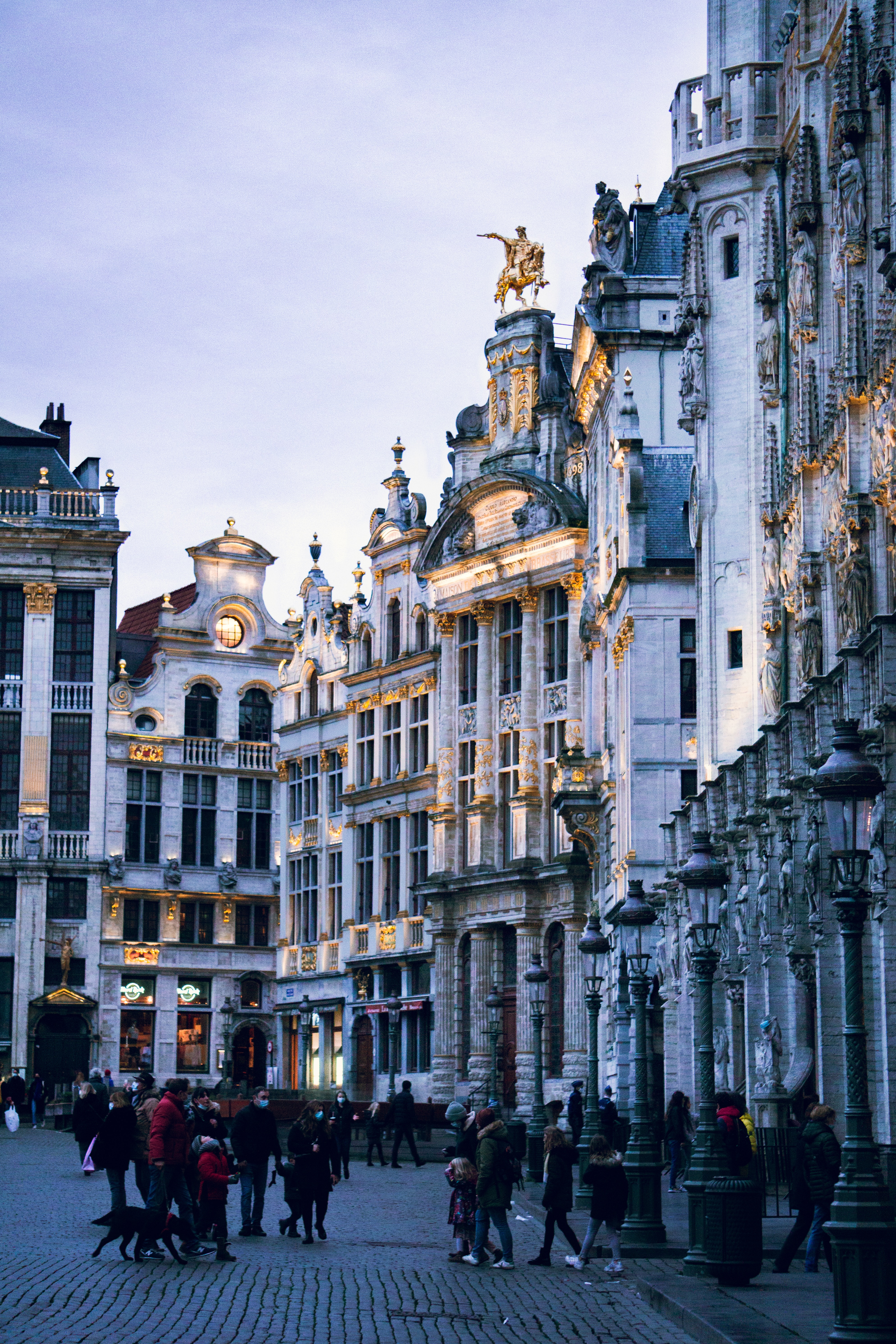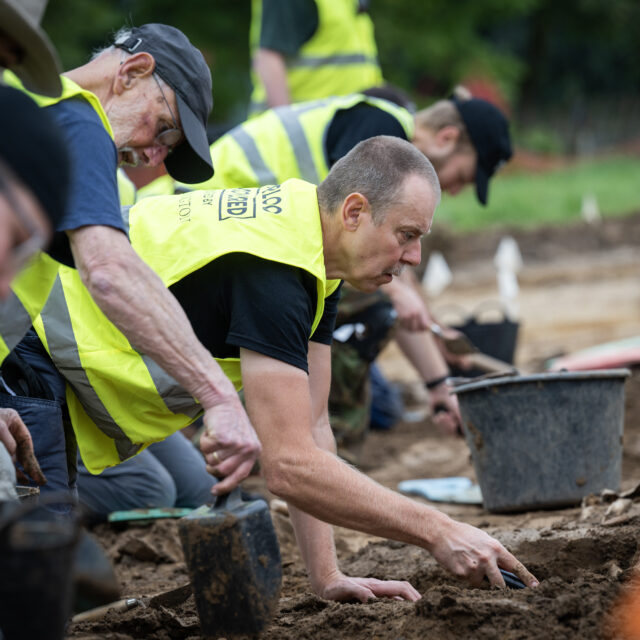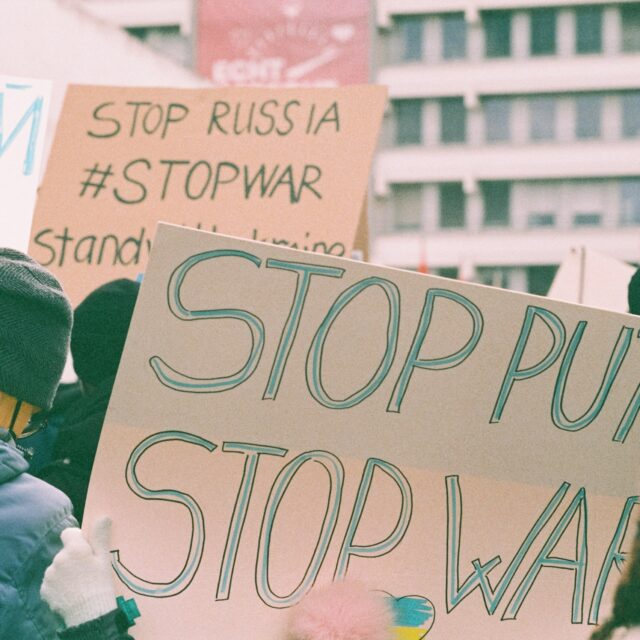The European Policy Centre in Brusses has appointed Garvan Walshe as its new Head of Communications.
A political strategist, Garvan has almost twenty years’ experience working in political strategy and communication technology with a focus on policy development. Since the Brexit referendum, he has concentrated on strengthening democratic governance in Europe.
Commenting on the appointment, EPC Chief Executive Fabian Zuleeg said:“We’re delighted to welcome Garvan to the EPC at this vital moment for Europe. Europe faces a triple challenge – the permacrisis, structural transformations of our economy to meet the demands of sustainability, technological change and demography, and the watershed of Russia’s invasion of Ukraine.”
“Europe needs to adopt a permanently higher level of effort in this environment. Its achievements in areas such as dealing with the pandemic and starting the green transition, while real, are nowhere near enough to meet the scale and complexity of the triple challenge.”
“Independent think tanks like the EPC are needed to enhance democratic policymaking to meet those challenges in competition with authoritarian systems. It is not enough for our systems to have the right values: those values need to deliver for our citizens, and independent think tanks, when they capture the political imagination, supply the creative evidence-based policy our democratic systems need for delivery.”
“Capturing that essential political attention has become more demanding as technology transforms the media landscape. Garvan’s experience will help us get our ideas to the forefront of public debate in EU institutions and between EU member states.”

Walshe said: “I’m excited to join the EPC at this crucial time for the European project. Russia’s invasion of Ukraine, climate change, the evolution of globalisation, and the continued influence of national populism have shown how important it is for Europe to develop practical and understandable new policies. The EPC is the only independent think tank developing them across all areas of EU policy.”
“We’re also in the middle of radical change in the techniques of content production. Think tanks these days can be seen as publishers and can use new technology to reach a much broader audience and influence debates at EU level and in member states.”
“Independent think tanks producing evidence-based policy have a duty to present their work to policy makers and citizens in an accessible way. If we don’t, we leave the field free to purveyors of disinformation and propaganda.
“I am honoured that the EPC has given me the opportunity to take part in this mission at this moment of transformation.”
An Irish national who grew up in Argentina and Spain, he holds a PhD from the University of Manchester and was a Max Weber Fellow at the European University Institute in Florence.




